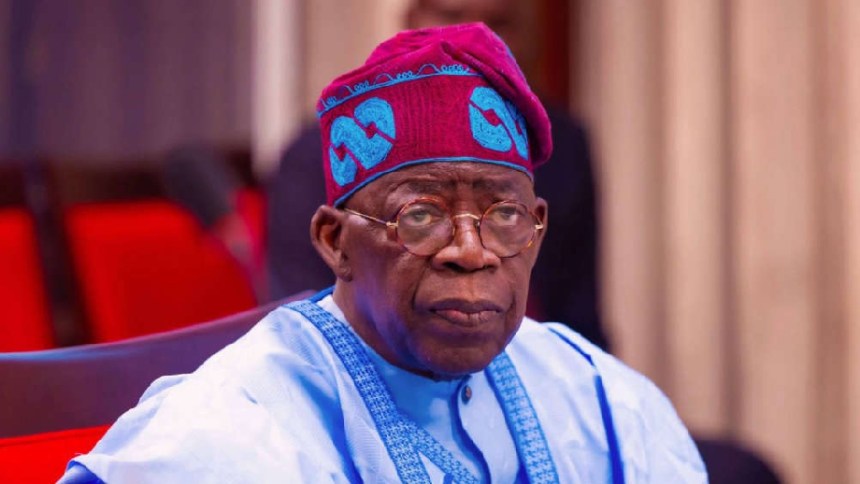President Bola Ahmed Tinubu announced that the country has already achieved its 2025 revenue target four months before the year ends.
Speaking at a recent briefing, Tinubu emphasized that this success demonstrates the impact of Nigeria’s ongoing economic reforms and its shift from oil dependency to a diversified revenue base. For decades, Nigeria relied heavily on crude oil exports for foreign exchange and national income. But in 2025, a combination of non-oil revenue streams including taxes, digital economy growth, and trade policies has helped the government hit its fiscal goals.
Tinubu noted that meeting the revenue target early means the government can reduce borrowing, focus on infrastructure, and strengthen social investment programs. This achievement also improves Nigeria’s fiscal credibility in global markets, signaling that the country is capable of sustaining reforms despite economic challenges such as inflation and currency pressures.
Economists argue that this progress could boost investor confidence and attract more foreign direct investment (FDI) into sectors like technology, agriculture, and renewable energy. For citizens, the hope is that higher revenues will translate into better services, job creation, and reduced poverty levels.
The administration’s focus on expanding tax collection efficiency, improving customs operations, and leveraging technology has paid off. Nigeria’s digital economy and fintech sector, one of the fastest-growing in Africa, also played a role in revenue generation. Tinubu emphasized that this milestone is just the beginning, as Nigeria aims to become a self-sustaining economy less vulnerable to global oil price fluctuations.
Also Read: Business Automation: How to Save Time and Boost Profits
Tinubu reaffirmed his administration’s commitment to “responsible spending” and promised that Nigerians would feel the direct benefits of the revenue growth.




